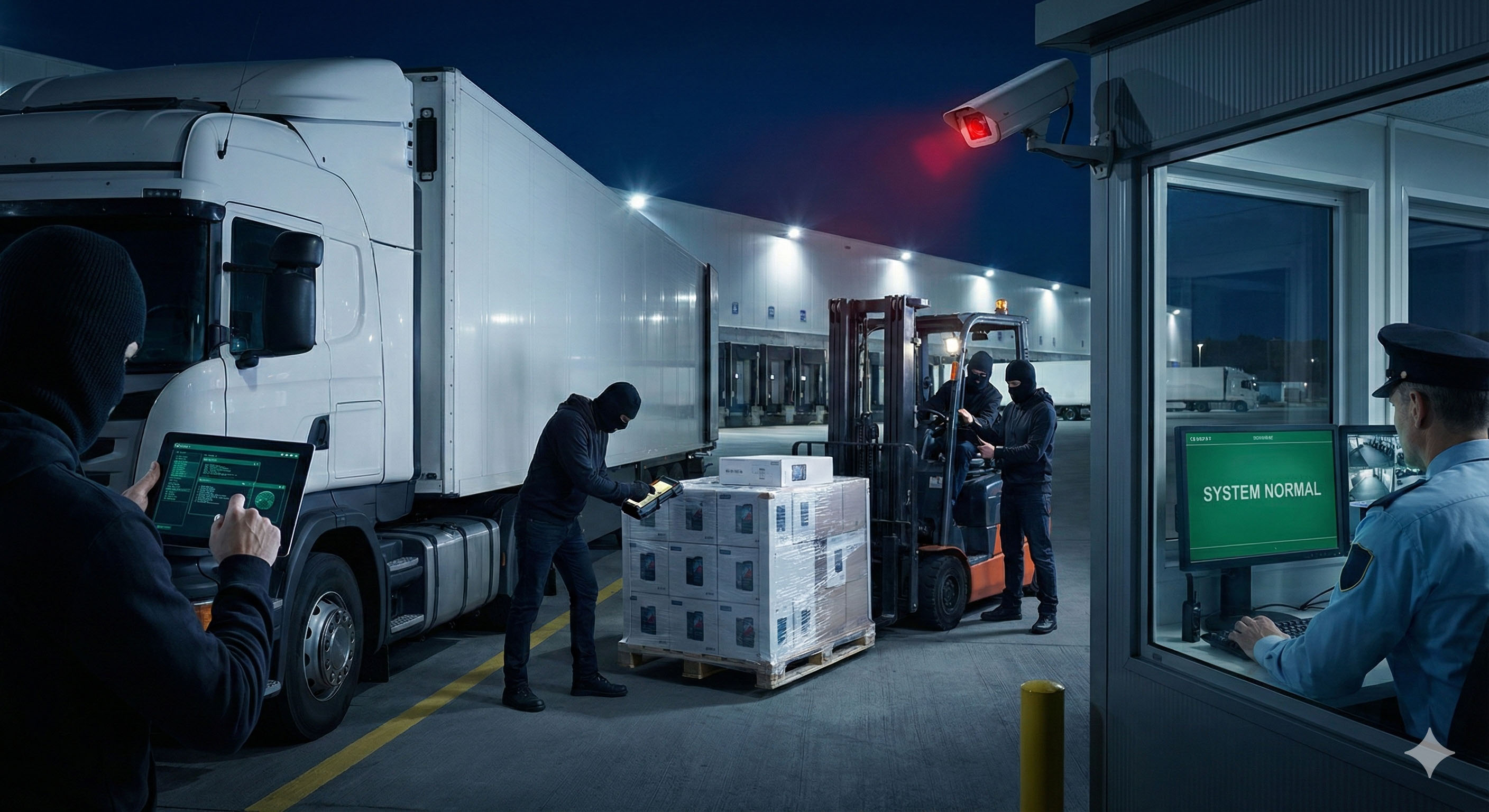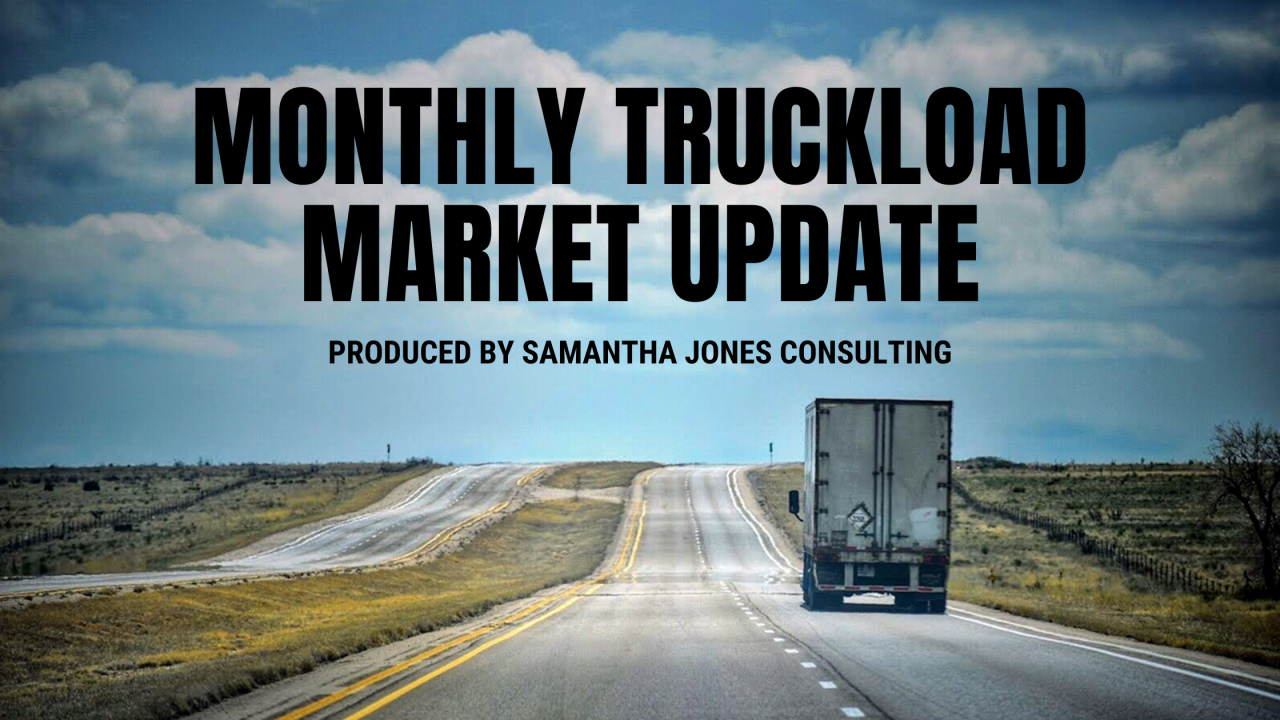
In modern supply chain security, shippers face a sobering reality: basic visibility is insufficient protection. Knowing where your cargo is—the "dot in the map"—doesn't guarantee safety, as you may know where it's going but "may never see it again." Overhaul was founded about 10 years ago to solve the problem of fragmented monitoring data, integrating various telematic and IoT sources into one single, unified view. This system transforms standard monitoring into a predictive tool, measuring cargo risk and enabling intervention before a theft occurs.
The greatest security challenge today is the professional nature of cargo crime. As Ricardo Malacara, part of the sales team at Overhaul, notes:
“Cargo theft is a professional activity. You know, these are prepared individuals that… gather data, they gather intelligence, they have people on the lookout, sometimes they have people inside distribution centers and organizations…”
These groups monitor driver stops and behavior to plan their activities. Furthermore, the industry has seen a massive rise in fraudulent theft. Criminals are hacking systems, altering documents, or even buying legitimate trucking companies for use in theft operations. Fraudulent activity now accounts for 30% of thefts in the US.
Overhaul, which serves diverse industries moving valuable cargo (from pharma and high-end electronics to apparel), uses innovation and data to stay ahead. The company leverages over 60 billion data points globally to analyze where dangerous zones and hot spots are, even by day or hour. Hot spots include California, Arizona, Chicago, and Toronto. Overhaul also constantly develops its platform, integrating more AI for automated alerts and quicker responses.
While prevention is the primary goal, recovery operations are robust. Overhaul utilizes its "Ellie connect team," comprised of ex-law enforcement personnel who work directly with authorities. This is often described as “cops talking to cops.” This strategy has yielded high success rates: over 95% recovery in the US and 88% in Mexico.
For any shipper moving high-value freight, insurance is a must. Beyond that, the fundamental requirement for security is a detailed plan.
“Bare minimum would be you absolutely need a plan. You can’t wing it,” Ricardo Malacara advises.
A plan must define the route, specify where the cargo will stop (especially overnight), and detail workflows for exceptions (e.g., what happens if the driver doesn't answer or the cargo deviates).
Finally, partnering with a professional monitoring company that offers real-time visibility, pre-planned reactions, and a proven track record is essential. In regions like Mexico, where about 80% of thefts include violence, security is multilayered, requiring combinations of tracking devices like telematics, smart seals, internal IoT devices (with cell and satellite coverage), and often, RF (Radio Frequency) devices that are highly difficult for criminals to jam.
If customers love your brand, thieves will love it too. To defend your freight, you have to be more professional than the criminals attempting to steal it.

The final Truckload Market Update of 2025 is here! Inside, we’re revisiting last December's forecast, sharing expert predictions for 2026, and breaking down yesterday’s Fed rate cut and current truckload rates. Plus, grab a $200 discount for Manifest and check out the latest Meet Me For Coffee episodes. A huge thank you to sponsors Watco and BiggerPicture for their support this year—Merry Christmas, and see you in 2026!
Read More
This month's truckload market update covers rates, capacity, the economy, inflation, and political news affecting the supply chain.
Read More
Celebrating two years of publishing my monthly industry report through SJ Consulting! This edition explores inflation, wage growth, AI’s impact on labor, the Fed’s path, truckload rates, and more.
Read More